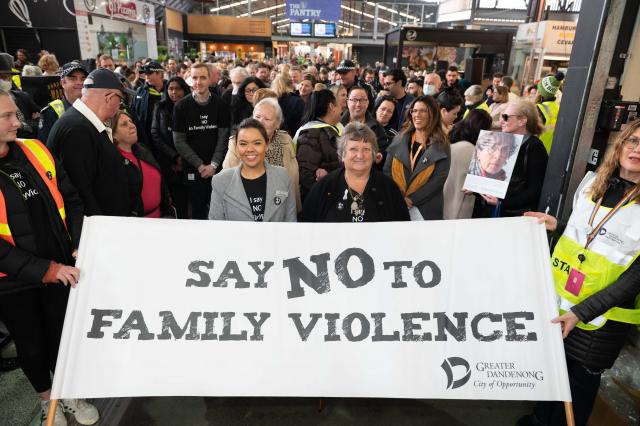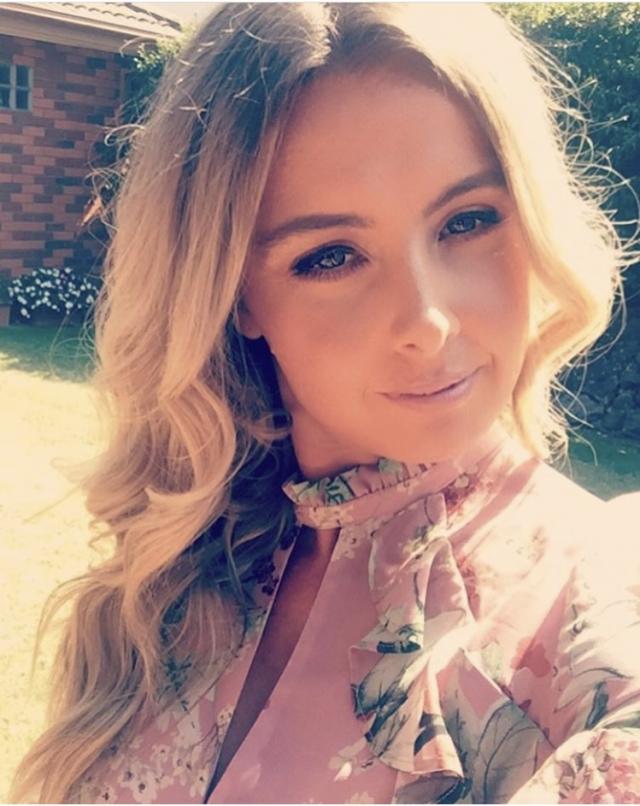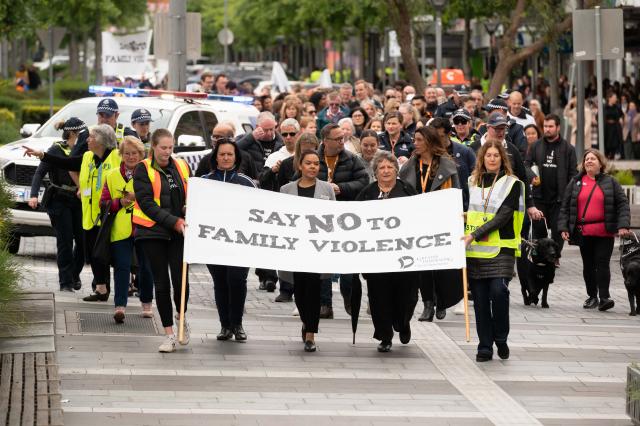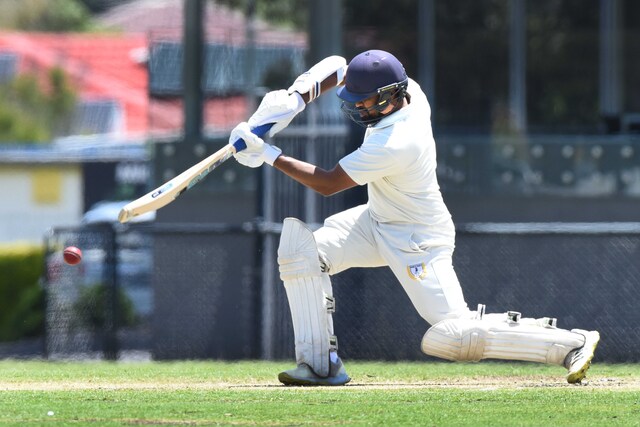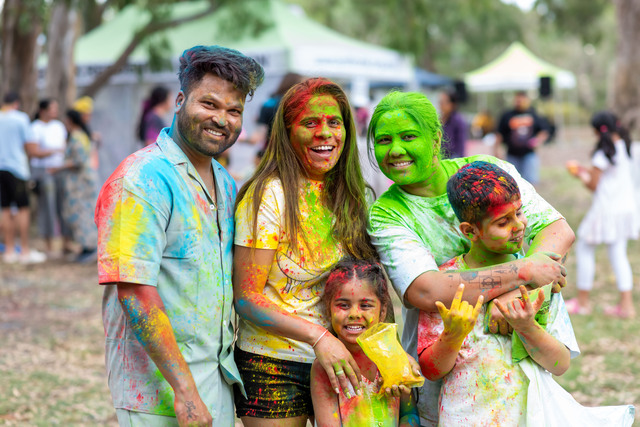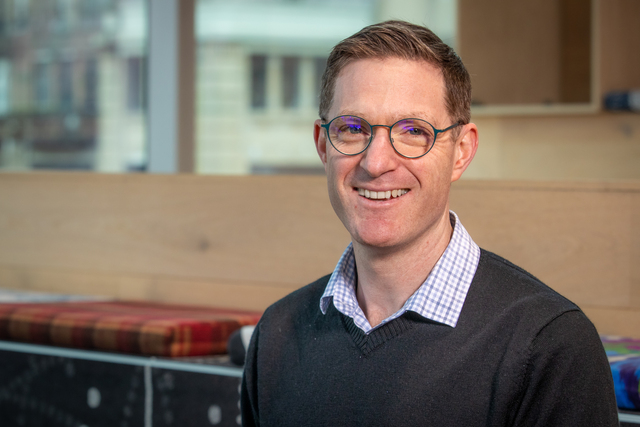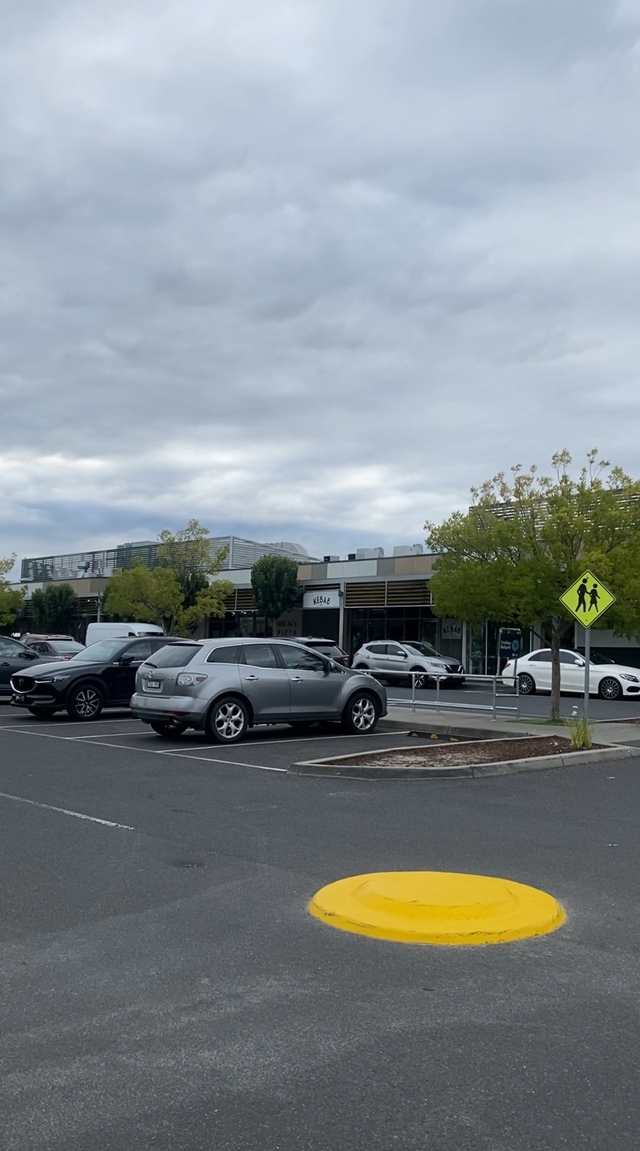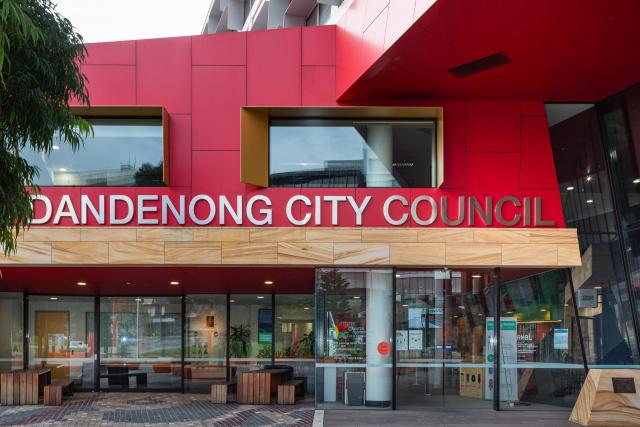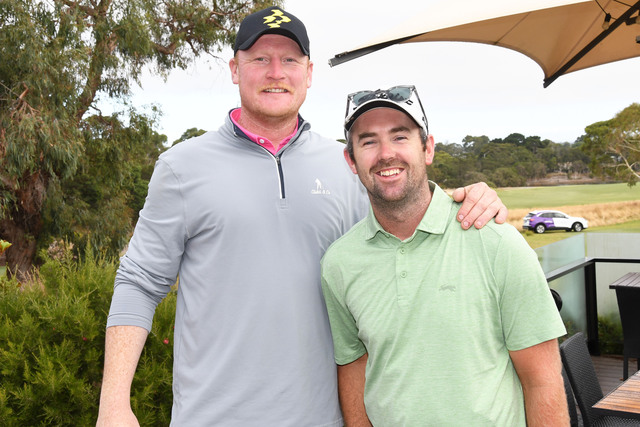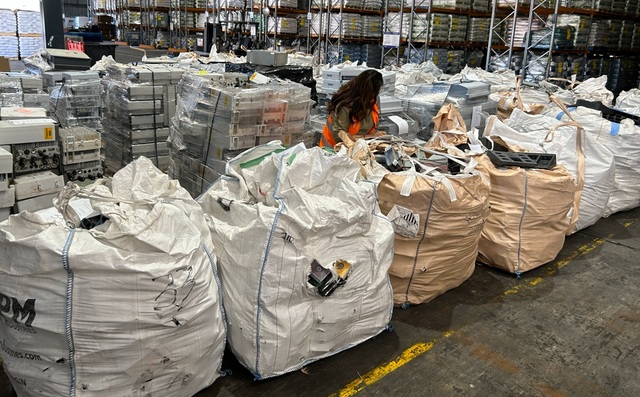A police officer working in family violence at the time, Melanie Rowe says she was initially too ashamed to report she was suffering from brutal domestic violence herself.
The Berwick support worker was set to share her journey “from pain to purpose” as a guest speaker at the annual Walk Against Family Violence in Dandenong on Tuesday 21 November.
By taking a stand, she wants to show that (domestic violence) doesn’t “discriminate”. Nor does it define who you are.
In months of enduring horrific abuse, Rowe had kept silent because she felt she’d be judged by colleagues in the police’s Sexual Offence Child Abuse Investigation Team (SOCIT).
She only took action after she was hospitalised from one of the repeated attacks by her then-partner – a former AFL footballer.
The culprit was eventually jailed for eight months. And Rowe is proud of holding him to account.
“I could stay in the corner and keep playing the victim card. For me, I’m not going to let him have that power and run my life.
“It wasn’t an easy progression to court. I wasn’t protected due to being a police officer. It was actually made harder.
“Because he was a high-profile case with a QC representing him, (police investigators) didn’t want to do me any favours.
“They wanted to make sure they crossed T’s and dotted I’s.”
The abuse started with acts of “coercive control”. She initially missed these subtle “red flags” that appeared before the marks and bruises were inflicted.
This was despite supporting other victim-survivors as a SOCIT for a decade.
“I was identifying perpetrators and sex offenders in my career. But when it happens to yourself, it’s so different.
“I had trolls on social media saying Thank God you’re not in the police force anymore. It’s so easy to cast judgement from the outside.”
Rowe says she was not concerned by her ex-partner’s length of jail term but more about what happens after his release. She’s one of the “lucky ones” in that there’s been no contact with him since.
“I wish him all the best. I hope he’s changed and no one has to experience what I have experienced.
“I hope he has the supports he needs – but that’s out of my control now.”
She says Victoria needs to catch up with NSW and Queensland with laws against coercive control. Because it is so important to hold perpetrators accountable before their abuse escalates, she says.
It starts with the subtle, narcissistic power-grabs by domestic partners – the gaslighting, the denying of access to money, and isolating you from family and friends.
“For me, it was doing exactly what I was told so I didn’t suffer the consequences.
“I was being a ‘server’.
“Sometimes it’s hard to recognise it until you look back at the relationship and see how they had power over you and manipulated you.
“You don’t see the isolation (from family and friends) until you realise you don’t have a support network.
“(The perpetrators) want you depleted and to think you can only rely on them.”
It’s been a long healing journey back from a depleted “victim-survivor” to “thriver”. She urges others to seek and accept help.
Rowe rebuilt her confidence with yoga and breathwork meditation, PTSD treatment and an “army” of supporters.
“The marks and bruises heal, the emotional trauma is long-lasting. It takes a long time to heal those wounds.
“It’s not all rainbows and butterflies. It’s OK to have one bad day, just not two.”
The psychology degree-holder is studying a postgraduate Master of Counselling. And she has left the police force to join homelessness service Wayss to support women and children fleeing domestic violence.
Wayss had helped her when she sought support at the The Orange Door Dandenong family-violence service.
Using her police knowledge, she assesses their safety risk, helps them make a safety plan and helps them navigate the legal system.
“The most serious risk for them is when they are thinking of leaving a perpetrator or have just separated or when the perpetrator is facing charges.”
Other risks are the offender’s mental health issues, abuse of alcohol and drugs or previous history of domestic violence.
One of the biggest challenges is to get affordable, stable housing for survivors – especially with cost-of-living rises and the housing crisis, Rowe says.
It can mean women and children remain or return to perpetrators because they don’t have an alternative place to live.
“Without that stable home, how do you know you’re safe and secure? Maybe you want employment or study – without housing, how do you do that?”
Being a survivor herself has opened her to greater empathy, she says.
“As a case worker, my role is to empower women.
“I didn’t necessarily feel heard in my journey. I want my clients to feel ‘I was heard’.”
Liana Papoutsis was also speaking at the Walk Against Family Violence.
A family violence survivor, Papoutsis has advocated for gender equality and family violence prevention for more than two decades.
She is an inaugural member of Victoria’s first ‘Victims Survivor Advisory Council’ and on the board of Respect Victoria – Australia’s first statutory authority on preventing violence against women.

